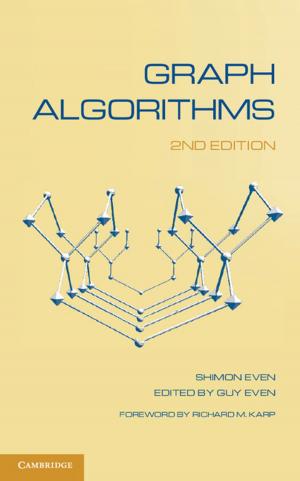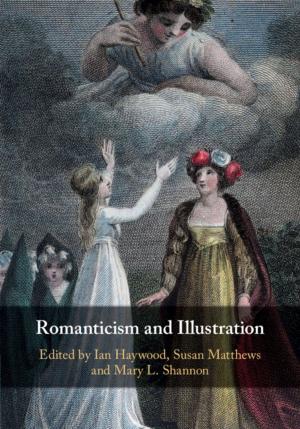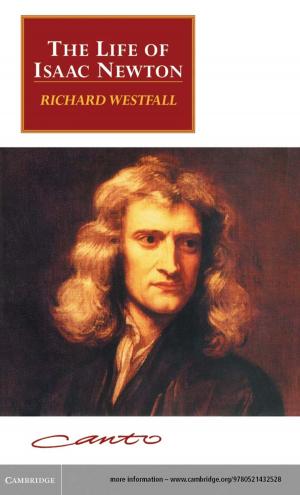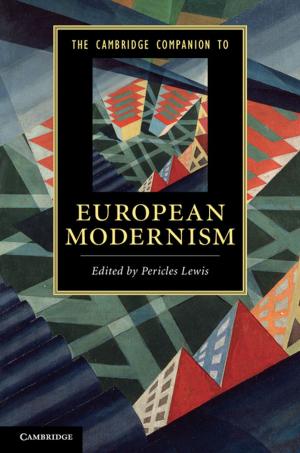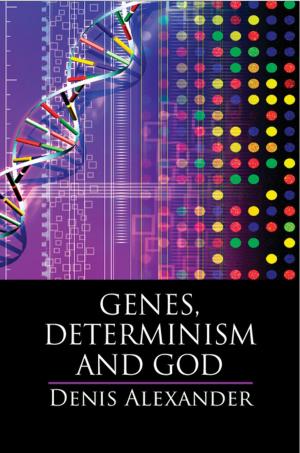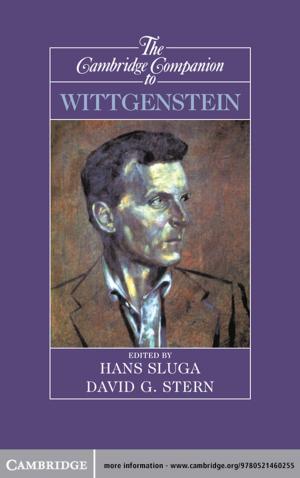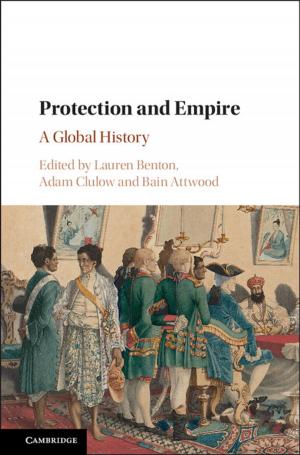Shakespeare, Computers, and the Mystery of Authorship
Fiction & Literature, Literary Theory & Criticism, British| Author: | ISBN: | 9780511699320 | |
| Publisher: | Cambridge University Press | Publication: | August 27, 2009 |
| Imprint: | Cambridge University Press | Language: | English |
| Author: | |
| ISBN: | 9780511699320 |
| Publisher: | Cambridge University Press |
| Publication: | August 27, 2009 |
| Imprint: | Cambridge University Press |
| Language: | English |
In this book Craig, Kinney and their collaborators confront the main unsolved mysteries in Shakespeare's canon through computer analysis of Shakespeare's and other writers' styles. In some cases their analysis confirms the current scholarly consensus, bringing long-standing questions to something like a final resolution. In other areas the book provides more surprising conclusions: that Shakespeare wrote the 1602 additions to The Spanish Tragedy, for example, and that Marlowe along with Shakespeare was a collaborator on Henry VI, Parts 1 and 2. The methods used are more wholeheartedly statistical, and computationally more intensive, than any that have yet been applied to Shakespeare studies. The book also reveals how word patterns help create a characteristic personal style. In tackling traditional problems with the aid of the processing power of the computer, harnessed through computer science, and drawing upon large amounts of data, the book is an exemplar of the new domain of digital humanities.
In this book Craig, Kinney and their collaborators confront the main unsolved mysteries in Shakespeare's canon through computer analysis of Shakespeare's and other writers' styles. In some cases their analysis confirms the current scholarly consensus, bringing long-standing questions to something like a final resolution. In other areas the book provides more surprising conclusions: that Shakespeare wrote the 1602 additions to The Spanish Tragedy, for example, and that Marlowe along with Shakespeare was a collaborator on Henry VI, Parts 1 and 2. The methods used are more wholeheartedly statistical, and computationally more intensive, than any that have yet been applied to Shakespeare studies. The book also reveals how word patterns help create a characteristic personal style. In tackling traditional problems with the aid of the processing power of the computer, harnessed through computer science, and drawing upon large amounts of data, the book is an exemplar of the new domain of digital humanities.


